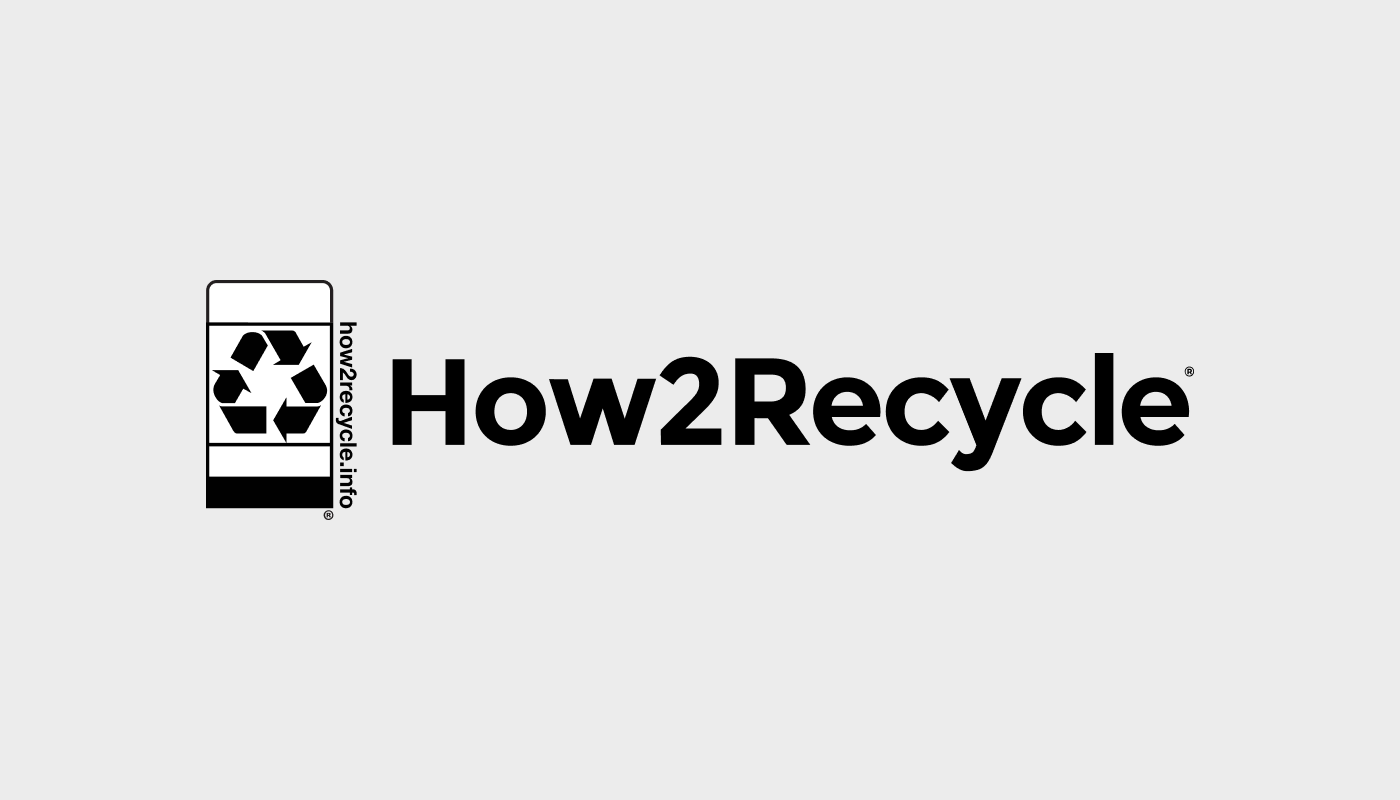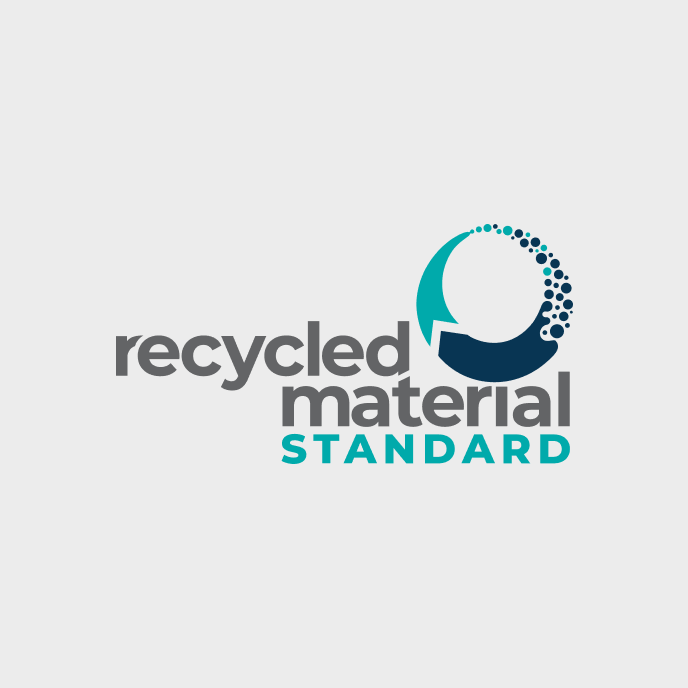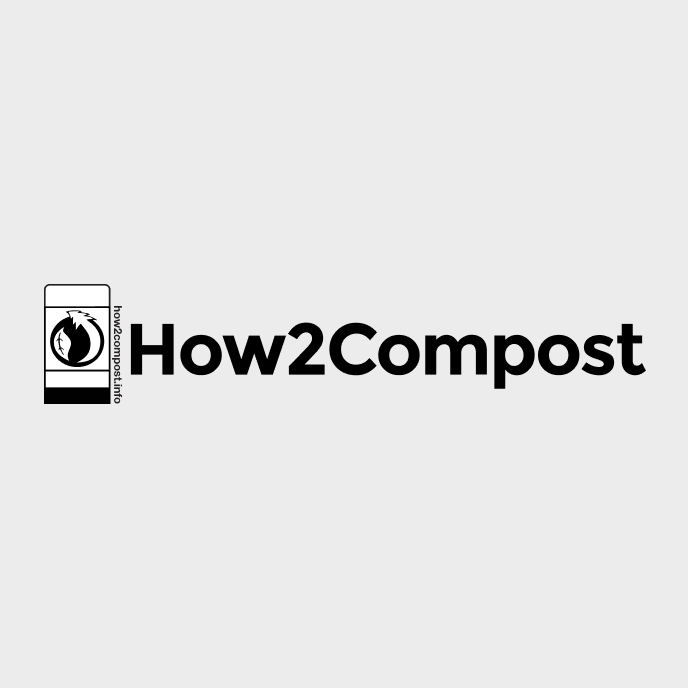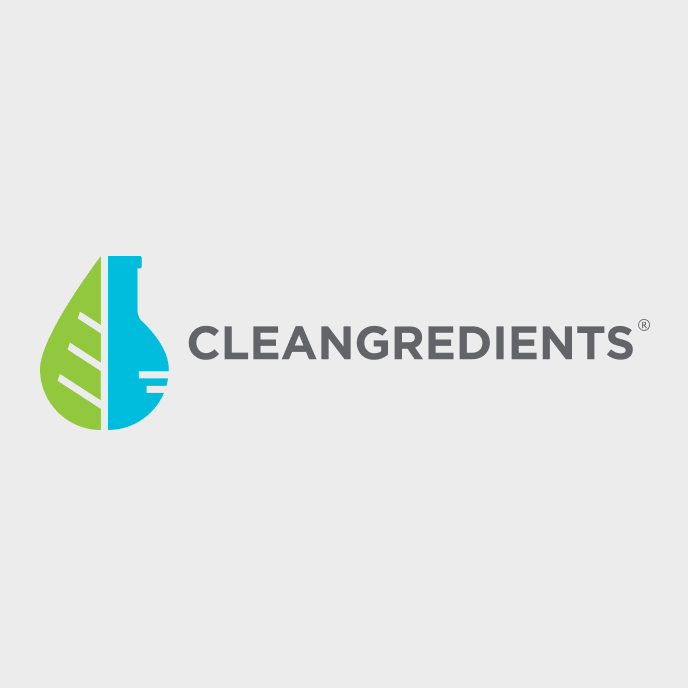Effective July 31, 2021, the How2Recycle® label program is making several changes to the recyclability of packaging to continue to align with and in some cases exceed the guidance of the Federal Trade Commission’s Green Guides and Competition Bureau Canada’s Enforcement Guidelines.
How2Recycle assesses the recyclability of each package that features a How2Recycle label based on multiple criteria. This includes how many people can recycle the package through curbside or drop-off programs, if the package will be sorted and reprocessed correctly, and if end markets exist for the material. Each How2Recycle label is backed by scientifically credible data so that the general public can rely on a consistent, standardized labeling system run by a 501(c)(3) environmental nonprofit to know how to recycle more accurately.
How2Recycle continually researches and analyzes issues in packaging recyclability and updates its program rules accordingly. Based on the best available data and analysis, some packages will now feature Not Yet Recyclable labels. Additionally, How2Recycle has tightened its requirements for what special instructions it is willing to give consumers in order for an item to be considered recyclable.
Rigid polystyrene (PS) packaging is now designated Not Yet Recyclable.
Recent data collected by How2Recycle suggests that end markets for this material do not meet program criteria for moderate strength end markets in the US and Canada. In order to maintain a Check Locally designation, at least moderate strength end markets are required. Rigid PS is collected for recycling at some scale in the US and Canada, but is only recycled at low volumes. Accordingly, rigid PS will now be downgraded to Not Yet Recyclable from Check Locally. Note that expanded polystyrene, aka foam, is already designated Not Yet Recyclable in the United States. EPS in Canada will now be designated Not Yet Recyclable.
Unsortable black plastic is now designated Not Yet Recyclable.
Most rigid black plastic packaging has difficulty sorting correctly in a Material Recovery Facility (MRF) by virtue of its color. This is because near infrared (NIR) sortation equipment encounters difficulty in detecting black plastics. Due to recent innovation in colorants, some black plastics are now sortable by NIR. Accordingly, black plastic will now be downgraded to Not Yet Recyclable from Check Locally unless the packaging is demonstrated to sort correctly through lab testing.
Sortable black HDPE will be eligible for a Widely Recyclable label, and sortable black PP and PET will be eligible for a Check Locally label.
In order to be eligible for a positive recyclability claim (either Widely Recyclable or Check Locally, depending on the material) going forward, testing will be required for black packaging, including black HDPE, black PP, and black PET packaging.
You will see recyclability changes reflected on packaging in stores soon.







